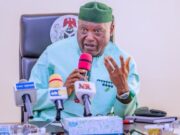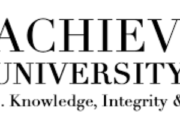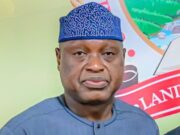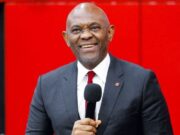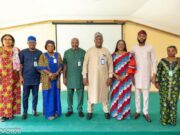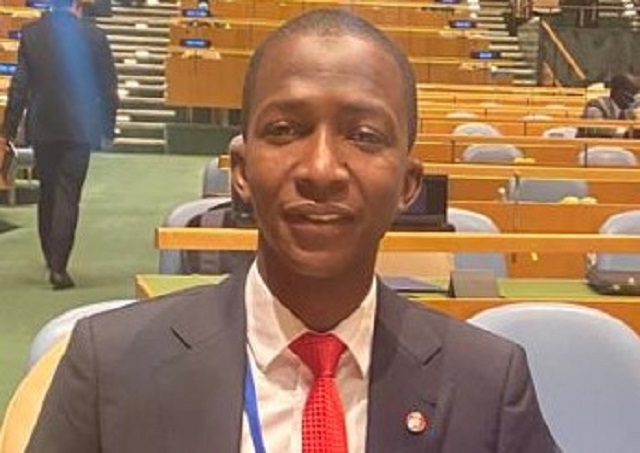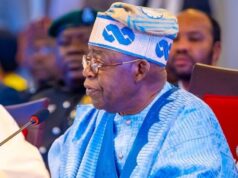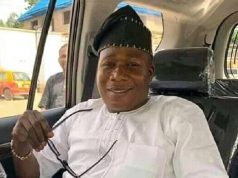Mr Abdulrasheed Bawa, the Executive Chairman of the Economic and Financial Crimes Commission, EFCC has advocated strict compliance with and enforcement of extant laws and regulations to promote public accountability and the fight against corruption in Nigeria.
The EFCC boss who on spoke on Thursday through the Commission’s Director, Public Affairs, Osita Nwajah at a roundtable on Accountability organized by the Premium Times Center for Investigative Journalism, PTCIJ, at the Orisun Art Source, Abuja, noted that “there is no better prevention tool than a vigorous enforcement regime, one that is applied across the board in strict adherence with extant laws, rules and regulations”.
He noted that while Nigerians were adept at comparing their system with those of other countries, those countries were not doing anything extraordinary other than enforcing their laws and regulations no matter who it is that has committed the infraction.
“A law or regulation is only as good as its enforcement. A society where enforcement is jaundiced or non-existent is inevitably sucked faster into the black hole of a failed society. We are plagued by the situation where the auto-response to any demand for accountability is to raise doubts as to the ‘real’ intentions underlying such a demand, adamant from the outset that it must be anything but altruistic!
“The question is, do we need more laws or regulations? I certainly think we need better, more responsive laws as veritable guardrails of our march to nationhood. But, whilst we are hard at work formulating those, the real question begging for answer is, how much of the functionality of available laws have we as Nigerians tested to hold both public officers and the public system they run accountable?”
Bawa said the EFCC has done more than any government agency in promoting the development of Law in Nigeria. “We make bold to say that no agency of government in Nigeria has done more to advance the development of the law in the last 18 years than the EFCC. This is because every day, across the length and breadth of this country, we are using the instrumentality of extant laws to hold public officials accountable.
“We have since inception been seeking accountability from our politicians of all hues and business of all shades; we have gone after bankers and public servants. And across the country, from the high courts all the way to the supreme courts, the dockets of courts are filled with EFCC cases,” he said.
Bawa called on the media and the Nigerian citizens to join hands in ridding Nigeria of all form of economic and financial crimes. “There is a special role for the media to call out any individual or agency of government that is not keen on enforcement or that has warped sense of it. It is my conviction that when we all join hands together in this way, we would have taken a very significant step towards achieving the Nigeria of our dreams.”
In his address, the Executive Director, Premium Times Center for Investigative journalism, Dapo Olorunyomi commended the participants and highlighted the reasons for organizing the roundtable. “The idea around the roundtable is to… have the media in the first place, understands what our legal obligations are in a democracy, and secondly it is also to help we ourselves as a newspaper to give consequence and meaning to that accountability metrics.”
The roundtable tagged “Udeme Accountability Roundtable: Strategic Partnership for Accountability in Nigeria” had in attendance, participants from various anti-corruption agencies and civil society organizations.
Packaged by Emmanuel Okafor








